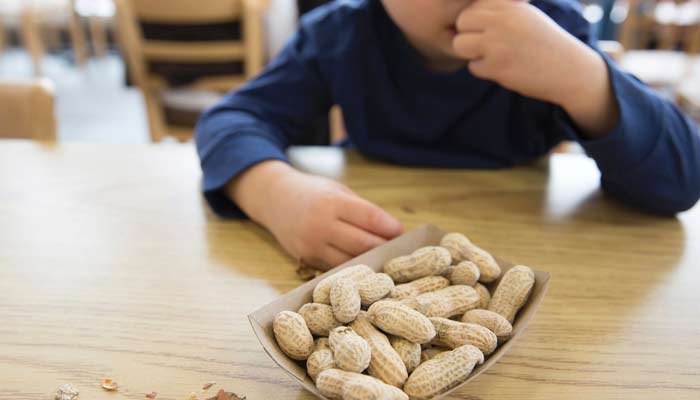How can parents protect their children from peanut allergies?
New study gives parents sigh of relief as it reveals that they can prevent peanut allergies in children
May 30, 2024

A recent study has given parents a sigh of relief as it revealed that children who consume peanut products in their early years are less likely to develop a peanut allergy as adolescents.
According to the study, children who consume peanut products from four to six months until the age of five were 71% less likely to have a peanut allergy at age 13.
The study was sponsored and co-funded by the National Institutes of Health’s National Institute of Allergy and Infectious Diseases (NIAID) and published in the medical journal NEJM Evidence earlier this week, USA Today reported.
A 2015 study had enrolled over 600 high-risk infants, half of whom consumed peanut products from infancy until the age of five while the other half avoided them.
The study concluded such early consumption of peanut products reduced the risk of peanut allergy at age of five by 81%. However, children who were found to be allergic were told to avoid peanuts.
The new study evaluated over 500 children from the original study to assess the long-term effects of early peanut consumption on peanut allergy development.
It found that the group that regularly consumed peanuts in their early years reduced their risk of peanut allergy in adolescence by 71% compared to the group who avoided peanuts.
This suggests that early peanut consumption may provide lasting protection against peanut allergies.
Sung Poblete, the CEO of Food Allergy Research and Education, a nonprofit that aims to improve the quality of life and health of those with food allergies.
Poblete said the new study shows food can be used as preventive medicine, saying: "We say eat early, eat often, and that's exactly what this research demonstrates."











